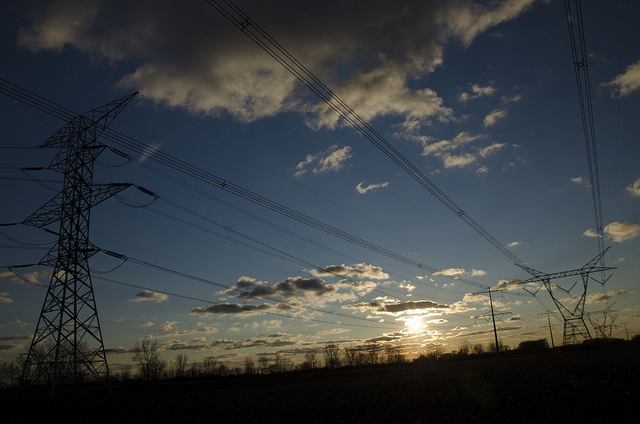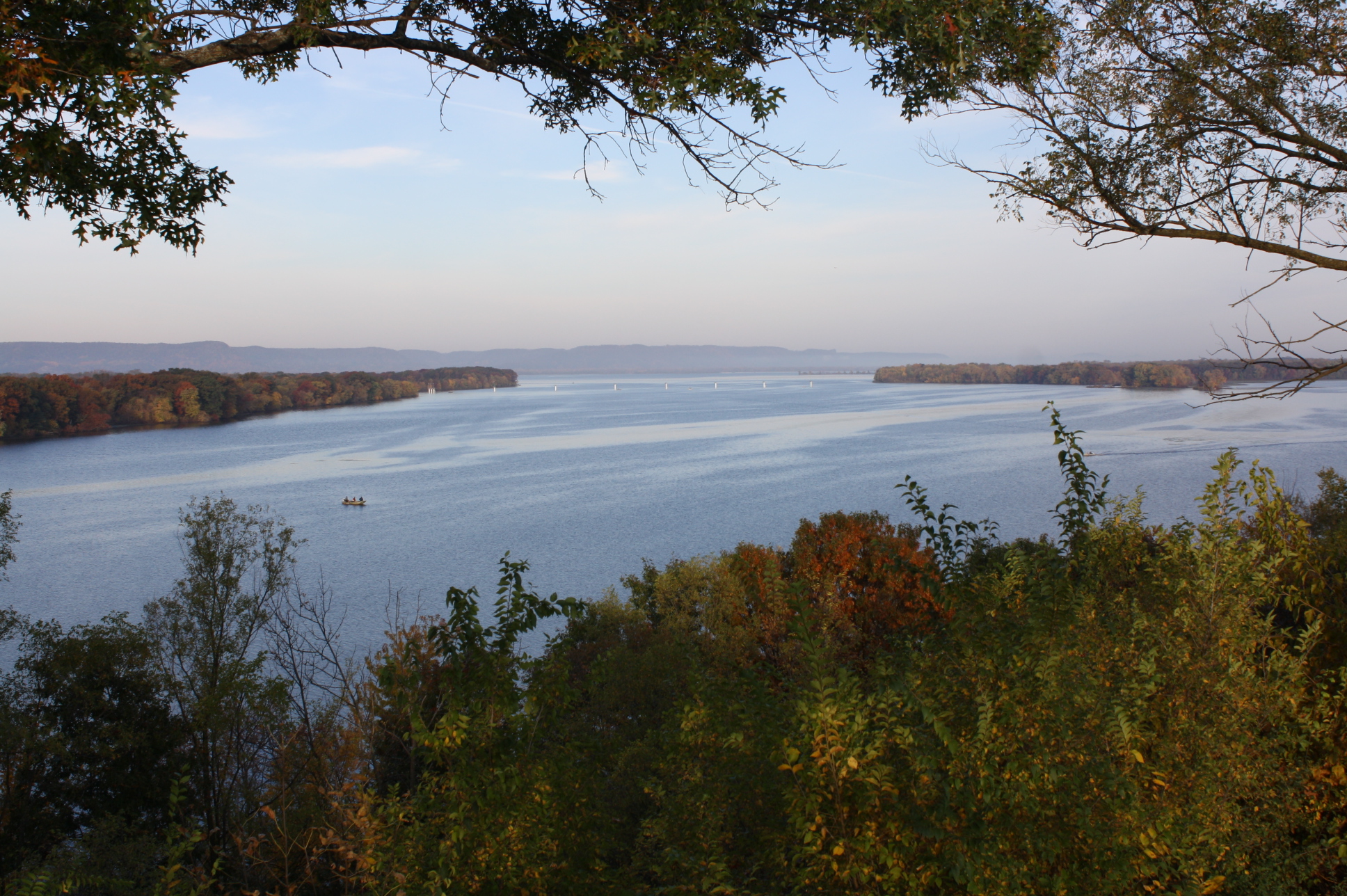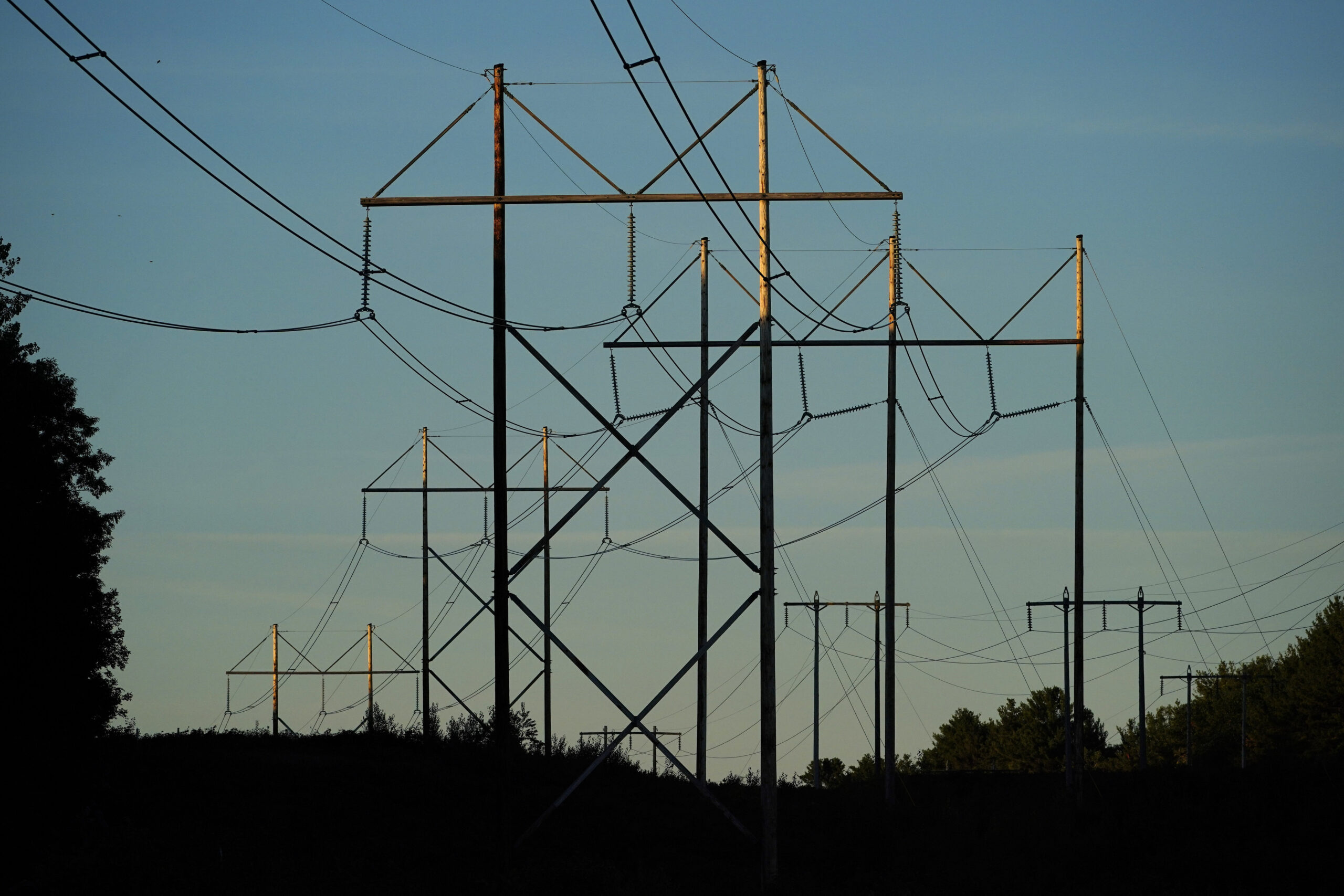State agencies say constructing and operating a proposed high-voltage transmission line from La Crosse to Madison will have substantial impacts on natural and community resources.
The Public Service Commission of Wisconsin and the Department of Natural Resources have prepared a draft of an Environmental Impact Statement that lays out natural, economic, and social impacts of the Badger-Coulee line. The line is a proposal from the American Transmission Company and Xcel Energy to build larger transmission lines that can carry more power. The companies say it’s needed to improve electric reliability.
If the PSC approves the project, it would have to decide which route the Badger-Coulee line should take. The two proposed routes cut through urban and suburban developments, rural farmland, and floodplains.
Stay informed on the latest news
Sign up for WPR’s email newsletter.
The draft EIS says the project could have a significant impact around the Wisconsin Dells on the area’s threatened birds. The transmission line would also be visible from the Aldo Leopold Shack, a National Historic Landmark.
ATC spokeswoman Kaya Freiman said they try to minimize impacts when developing projects and follow existing highways or power lines when possible, but she also said that it’s a balancing act.
“We have to look at a variety of factors,” she said. “We have to look at environmental factors, we have to look at engineering considerations, costs, construction, and the many impacts along any of the proposed route options.”
Rob Danielson of the opposition group SOUL of Wisconsin said the environmental impacts are significant, but he wants to know whether the project is actually needed in the first place or if there are other ways to meet demands for power.
The PSC will address the need issue more thoroughly in its final EIS. In the meantime, the public can comment on the draft report through Oct. 3.
Wisconsin Public Radio, © Copyright 2024, Board of Regents of the University of Wisconsin System and Wisconsin Educational Communications Board.




